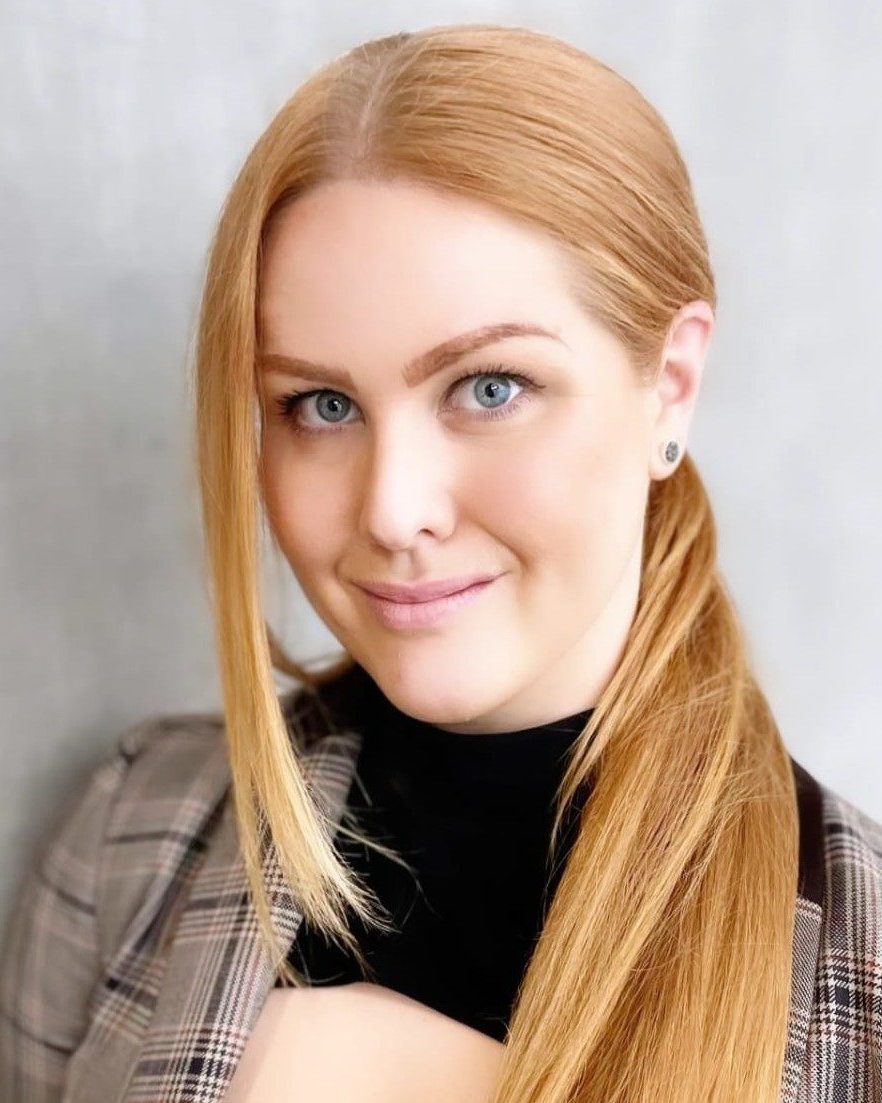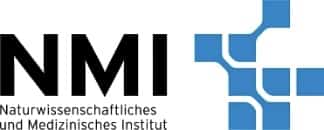Lisa-Marie Erlandsdotter
PhD Candidate
Lisa-Marie earned her Master of Science in Engineering – Chemical Biology degree from Linköping University in Sweden in 2019. For her Bachelor's thesis work in the group of Prof. Dr. Pieles at the University of Applied Sciences and Arts in Northwestern Switzerland in 2017, she developed a coculture protocol for plating and culturing omental cell types (macrophages, stem cells, and mesothelial cells) as an ovarian cancer model via 3D bioprinting. During her Master's in protein sciences, she developed an interest in neurodegeneration, which led her to the lab of Prof. Dr. Kelly at Scripps Research in La Jolla, California in the United States for her Master's thesis. Her thesis project involved making an in-house protocol for producing the protein LECT2 and studying its biophysical characteristics in relation to LECT2 amyloidosis. Additionally, she completed an internship in the group of Prof. Dr. Hallbeck at Linköping University on the topic of "Proteinopathic Transmission Mediated by Connexin Gap Junction Channels in Neurodegenerative Disorders."
After her graduation, Lisa-Marie was hired as a scientific researcher in the lab of Assoc. Prof. Dr. Liin at Linköping University, where she studied how estrogen affects the IKs channel (the repolarization component of the heart) and how this effect is modulated by various long-QT mutations. During her time in Linköping, she acquired knowledge in electrophysiology (two-electrode voltage clamp) and set up a method for imaging Xenopus oocytes.
In July 2021, Lisa-Marie decided to move to Tübingen, where she studied gene-regulatory networks in frontotemporal dementia (FTD) in the group of Prof. Dr. Heutink. There she gained hands-on experience in differentiating and culturing induced Pluripotent Stem Cells (iPSCs)-derived cortical neurons, preparing RNA-sequencing libraries, and conducting differential gene expression (DEG) analysis. Since March 2023, she joined the µOrganoLab where she gets to combine her previous experiences as well as engange in new ones in her Ph.D. project in neuroinflammation-on-chip. Here she is setting up a method for an iPSC-derived tri-coculture (astrocytes, microglia, and neurons) in 3D on a neuro-microphysiological system (nMPS) for electrophysiological and molecular out reads. The overall aim is to produce a platform to detect activation and/or counteraction of neuroinflammation when exposed to various pharmaceutical compounds.




